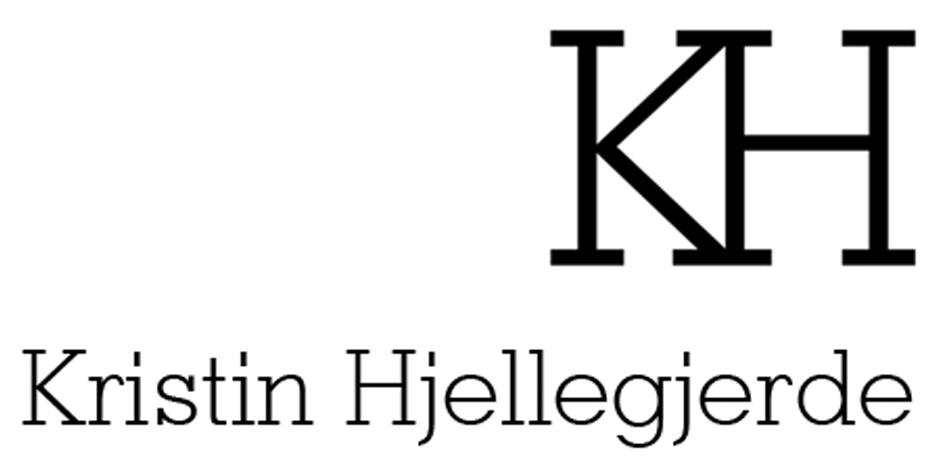Saturday September 17th at 4pm, Artist Talk :
Rufai Zakari in conversation with Patrice Bouédibéla.
Followed by drinks, snacks & music
Opening hours during Berlin Art Week:
Tuesday 17th - Sunday 18th, 12 - 6 pm
Ghanaian artist Rufai Zakari stitches together upcycled plastics to create textured, woven surfaces that bear a deep relationship to the land and local culture. Since his last exhibition with the gallery in London in 2021, Zakari has been forced to relocate permanently to Accra due to the resurfacing of tribal conflicts in his hometown of Bawku. However, rather than focusing on the hardships currently facing the local communities, Zakari’s latest works are a celebration of a vibrant past and a message of hope for the future. There is still tomorrow, the artist’s solo exhibition at Kristin Hjellegjerde Gallery Berlin, presents a bold new series of portraits that encapsulate this optimism. The figures appear relaxed and joyful as they pose proudly in bright, elaborate clothes or caught in playful, childish activities.
Zakari began utilising found objects, such as plastic bottles and food packaging, after noticing the huge quantities of waste that litter the cities of Ghana. In an effort to engage with this issue on both a personal and social level, the artist invited women and children from Bawku to collect and bring him plastics. He paid each individual for their efforts and also employed a few people to help him in the studio with washing, dying, compressing, cutting and fusing the scraps into shapes which he layers over sketches and then stitches together. While he still works with a few assistants who have travelled with him from Bawku, Zakari is no longer able to engage with the wider community which has slowed the production of his work but also inspired a new approach to portraiture.
The figures in Rufai Zakari's works seem life-like in their three-dimensionality-when hung, they cast shadows on the wall behind them-but they also seem lost, detached from any sense of time and place. This sense of dislocation reflects the artist’s own situation as he finds himself unable to return home but also makes reference to the ongoing migrant crisis in which millions of people across the globe find themselves caught in an in-between state as they transition from one life into another. At the same time, however, the artist’s decision to remove contextual detail asserts a certain type of freedom. The figures are no longer constrained by any social or cultural norms, while we, as the viewer, are able to perceive them without judgement or expectation, through the lens of our own experience. The image of a little boy riding a pink and blue bicycle, for example, becomes a universal symbol for not only the innocence of childhood but also the power of play as a form of creative release or temporary escape. Significantly, many of Zakari’s figures also appear in groups or pairs, conveying an idea of strength found through friendship and human connection. ‘I choose to focus on women and children in my work because I believe they are the future,’ explains Zakari.
While each of the works in the exhibition possesses its own distinct character and mood, they come together to paint a colourful picture of community life and togetherness. In this way, There is still tomorrow serves as a powerful reminder of how art can not only uplift but inspire new ways of perceiving the world around us.


